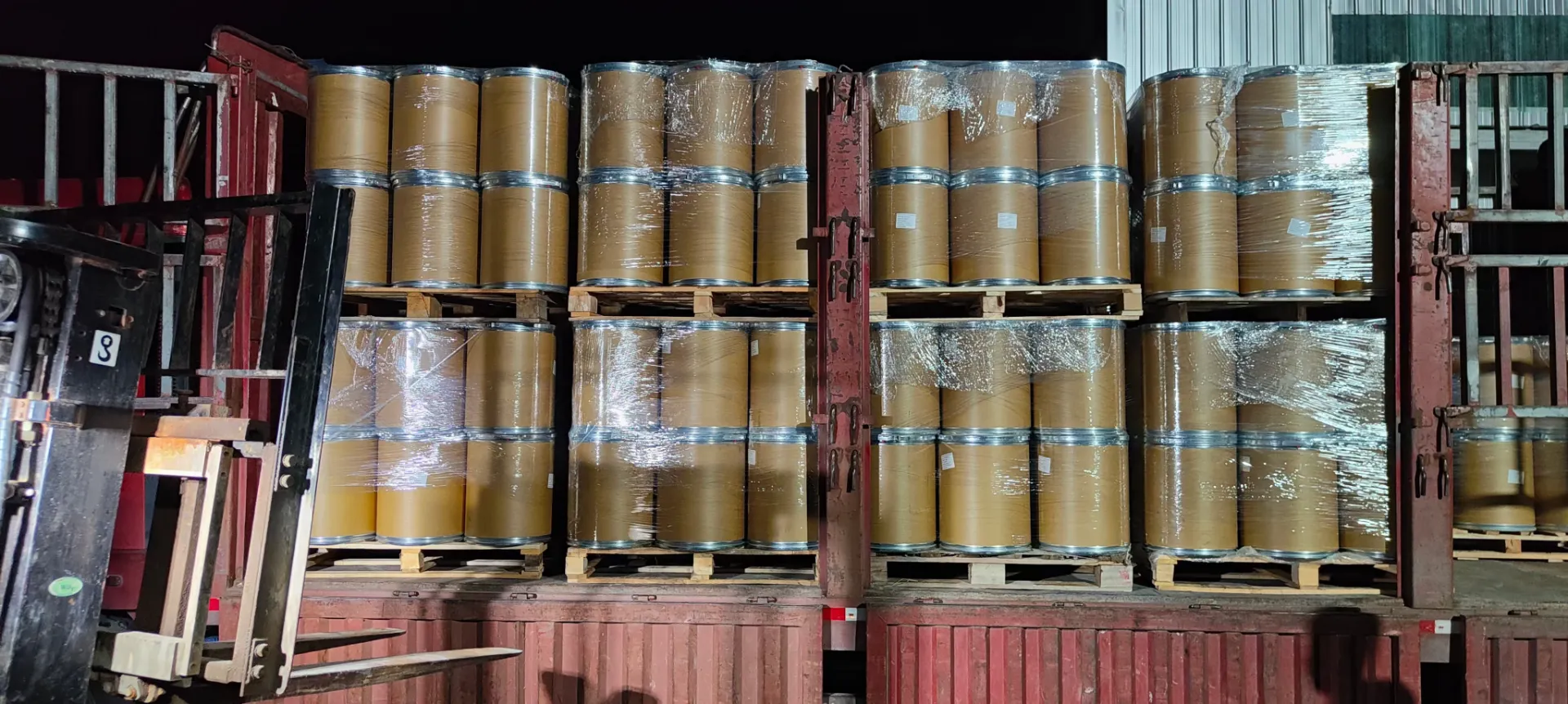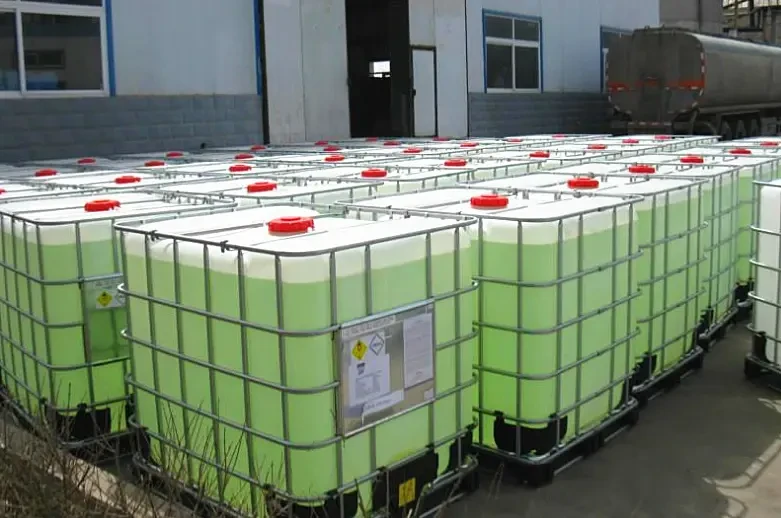

Corrosion inhibitors protect boiler surfaces by forming a protective film over the metal surface. For instance, filming amines are used to safeguard the steam and condensate system, presenting a robust solution to the challenges posed by corrosion. Implementing such protective measures exhibits a strong commitment to responsible asset management and risk reduction, fostering trust in both operational safety and product dependability. Sludge conditioners are utilized to prevent suspended solids from settling in the boiler, converting them into a non-adherent sludge that can be purged. Effective sludge management is a testament to operational expertise, ensuring that efficiency is maintained and the system remains free from operational hindrances. Utilizing advanced sludge conditioning methods reflect an authoritative stance on maintaining industrial hygiene and operational proficiency. In addition to these specific chemical treatments, comprehensive boiler water treatment programs must include regular monitoring and testing, tailored chemical dosing regimens, and consistent auditing to ensure compliance with regulatory standards and operational goals. Expert consultation and reliable partnerships with chemical suppliers contribute significantly to developing and maintaining these robust treatment strategies. The successful integration and management of relevant chemical treatments not only require technical knowledge and operational insight but also necessitate a collaborative and informed approach from all stakeholders involved. By prioritizing these chemical treatment principles, industries can achieve significant improvements in boiler system efficiency, operational longevity, and energy conservation, subsequently resulting in reduced environmental impact and enhanced operational profitability. The strategic application of chemical water treatment, therefore, stands as a pivotal pillar in sustainable energy solutions.

